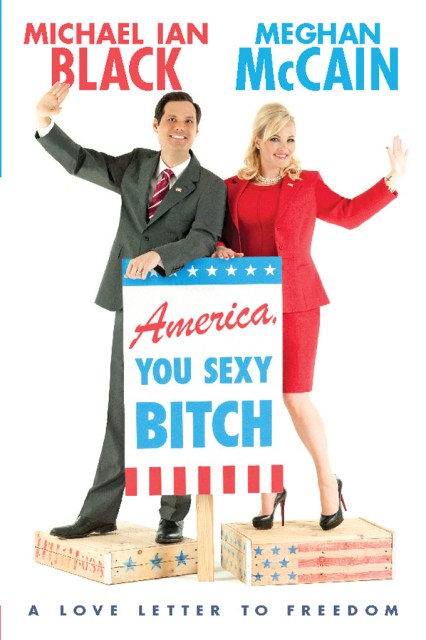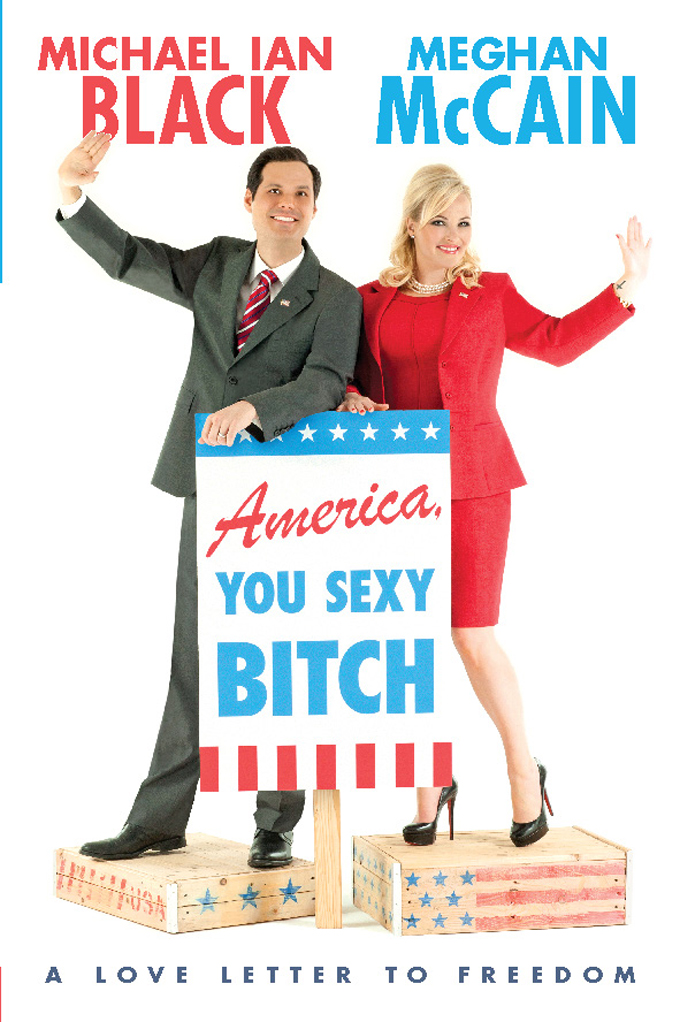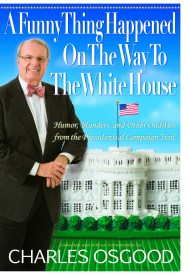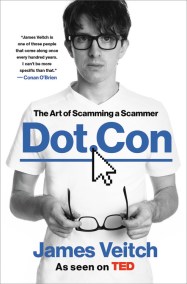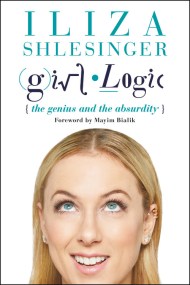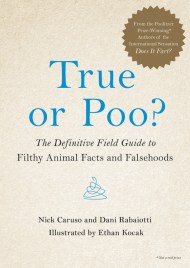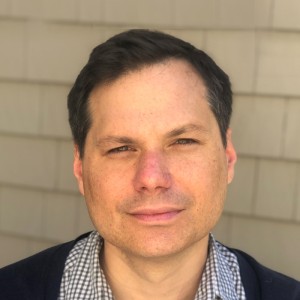Promotion
Use code MOM24 for 20% off site wide + free shipping over $45
America, You Sexy Bitch
A Love Letter to Freedom
Contributors
Formats and Prices
Price
$17.99Price
$22.99 CADFormat
Format:
ebook $17.99 $22.99 CADThis item is a preorder. Your payment method will be charged immediately, and the product is expected to ship on or around June 12, 2012. This date is subject to change due to shipping delays beyond our control.
Also available from:
She is a single, twentysomething, gun-loving, Christian, Republican writer and blogger, the daughter of a Senator and 2008 Republican presidential nominee. He is a married, forty-year-old, gun-fearing, atheist, Democrat comedian, the son of a lesbian former Social Security employee. Meghan McCain and Michael Ian Black barely know each other. But they are about to change the way politics is discussed in America.
Genre:
- On Sale
- Jun 12, 2012
- Page Count
- 352 pages
- Publisher
- Da Capo Press
- ISBN-13
- 9780306821080
Newsletter Signup
By clicking ‘Sign Up,’ I acknowledge that I have read and agree to Hachette Book Group’s Privacy Policy and Terms of Use
